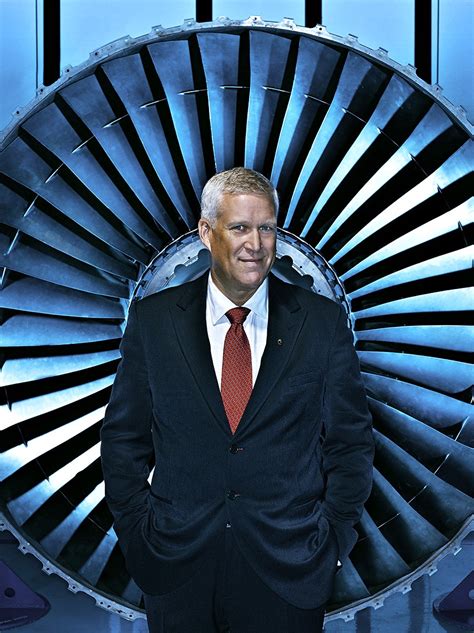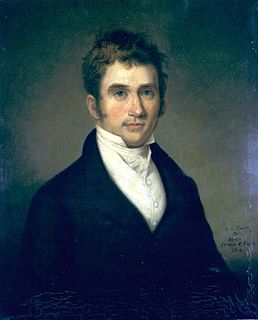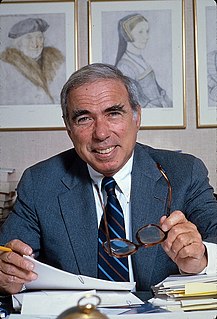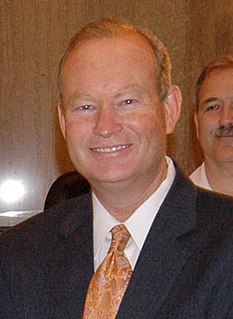Top 29 Urbanization Quotes & Sayings
Explore popular Urbanization quotes.
Last updated on December 22, 2024.
The colonial experience all Muslim countrieswent through may be a factor in the fight against Western domination, British, French or whatever. They were until recently largely rural societies with land owning governing elites in most of them. I think they are certainly moving toward urbanization and much more pluralistic political systems. In almost every Muslim country, that is occurring. Obviously they are increasing their involvement with non-Muslim societies. One peak aspect of this, of course, is the migration of Muslims into Europe.
The right to the city is far more than the individual liberty to access urban resources: it is a right to change ourselves by changing the city. It is, moreover, a common rather than an individual right since this transformation inevitably depends upon the exercise of a collective power to reshape the processes of urbanization. The freedom to make and remake our cities and ourselves is, I want to argue, one of the most precious yet most neglected of our human rights.
The developments in the North were those loosely embraced in the term modernization and included urbanization, industrialization,and mechanization. While those changes went forward apace, the antebellum South changed comparatively little, clinging to its rural, agricultural, labor-intensive economy and its traditional folk culture.
Hillary Brown understands that?for our grandchildren's sake?we must rebuild America and, in doing so, re-imagine our interconnected infrastructure systems to make them more efficient, environmentally safe, and resilient in this age of global urbanization. This fascinating and important book should be required reading for our elected officials and policy-makers.
The specter of climate change threatens worsening natural disasters, rapid urbanization, forced migration, and economic hardship for the most vulnerable. Despite significant global advances, inability to effectively address epidemics and health emergencies still prevail and continuously threaten global health security and economic development.
A refugee in the traditional vision is someone who flees from country to another because of persecution or conflict. But what we're witnessing now more and more is a certain number of mega-trends interacting with one another: population growth, urbanization, food insecurity, water scarcity, climate change, and conflict.
City farming is not only possible, it is the very definition of the kind of meaningful, sustainable innovation we will need to meet the grand challenges of the 21st century: climate change; population growth; ageing population; urbanization; rising demand for energy, food and water; poverty; and access to healthcare.






















